Transcranial Low-Intensity Pulsed-wave Ultrasound (LIPUS)
Transcranial Low-Intensity Pulsed-wave Ultrasound Defined
(LIPUS)
What Is Transcranial Low-Intensity Pulsed-wave Ultrasound?
LIPUS uses low-intensity ultrasound waves to change neural activity deep within the brain. The waves concentrate energy in one area, using the vibrations to modulate brain circuits by stimulating or inhibiting their activity with a high degree of precision.
What Does LIPUS Treat?
LIPUS is being researched for multiple neurological and psychiatric conditions, including:
Traumatic Brain Injury (TBI): Promotes recovery by reducing inflammation and stimulating repair mechanisms.
Stroke: Enhances neuroprotection and functional recovery post-stroke.
Neurodegenerative Diseases: Investigated for its potential to clear amyloid plaques and improve cognitive function in Alzheimer’s disease.
Major Depressive Disorder (MDD): Early studies suggest effects on mood regulation.
LIPUS Mechanism of Action
LIPUS uses low-intensity ultrasound waves applied through the skull to interact with brain tissues. The ultrasound waves create mechanical vibrations and microcavitation, leading to:
Neuronal Modulation: Influences neuronal activity and synaptic plasticity.
Blood-Brain Barrier Modulation: Temporarily disrupts the blood-brain barrier, allowing enhanced drug delivery or clearance of pathological proteins.
Neurogenesis and Angiogenesis: Stimulates the formation of new neurons and blood vessels, promoting repair and recovery in damaged brain areas.
Reduced Neuroinflammation: Reduces inflammatory processes in the brain, potentially protecting against neurodegeneration.
This technology is highly localized, allowing precise targeting of specific brain regions such as the thalamus, amygdala, hippocampus, and fornix.
Is LIPUS FDA Approved?
LIPUS is not yet FDA-approved for neurological conditions. However, it is being studied in clinical trials and shows promise for future therapeutic applications.
Can LIPUS Treat Alzheimer’s?
There is encouraging early evidence of LIPUS safely improving cognitive and memory scores among patients with early-stage Alzheimer’s. The research is still exploratory, however, and results cannot yet be generalized.
-
Key target regions have included:
The hippocampus / medial temporal lobe, common targets in Alzheimer’s trials
The left dorsolateral prefrontal cortex (DLPFC) or other frontal cortical regions, which facilitates memory by integrating inputs from other regions.
-
Research on LIPUS for Alzheimer’s disease has produced encouraging preliminary results:
Amyloid Plaque Clearance: Animal studies demonstrate that LIPUS can reduce amyloid-beta plaques, a hallmark of Alzheimer’s pathology, without damaging surrounding tissue.
Cognitive Improvement: Preclinical trials show improved memory and cognitive performance in Alzheimer’s models.
Opening the blood brain barrier (BBB): In addition to neuromodulation, LIPUS has potential as a supplementary treatment by opening the blood brain barrier to facilitate drug delivery.
-
Current human studies are small-scale and exploratory, with similarities between various trials making comparison or generalization difficult. Further large-scale clinical trials are needed to confirm its efficacy and safety for Alzheimer’s treatment.
How does LIPUS compare to TEMT-RF?
Transcranial Low-Intensity Pulsed-wave Ultrasound (LIPUS) and Transcranial Electromagnetic Treatment with Radio Frequencies (TEMT-RF) are both non-invasive neuromodulation techniques that aim to improve brain health, but have different mechanisms and applications.
TEMT-RF uses ultra-high frequency radio waves to modulate brain function and cellular activity delivered through a non-invasive wearable headset.
Transcranial Low-Intensity Pulsed-wave Ultrasound (LIPUS) uses low-intensity pulsed sound waves to induce mechanical and thermal effects on brain tissue delivered through a monitored external transducer.
Learn more about Transcranial Low-intensity Pulsed-wave Ultrasound
Transcranial Low-intensity Pulsed-wave Ultrasound Products
Transcranial Low-intensity Pulsed-wave Ultrasound Research
Alzheimer’s Research
A Pivotal Study of LIPUS-Brain in Patients With Early Alzheimer's Disease
Repeated neuromodulation with low-intensity focused ultrasound in patients with Alzheimer’s disease
Transcranial ultrasound stimulation parameters for neurological diseases: a systematic review
Other Research
External links are provided for reference only and do not imply affiliation, endorsement, or recommendation by NeuroEM Therapeutics. NeuroEM is not responsible for the content, accuracy, or claims made on external sites. All trademarks and copyrights are the property of their respective owners.

